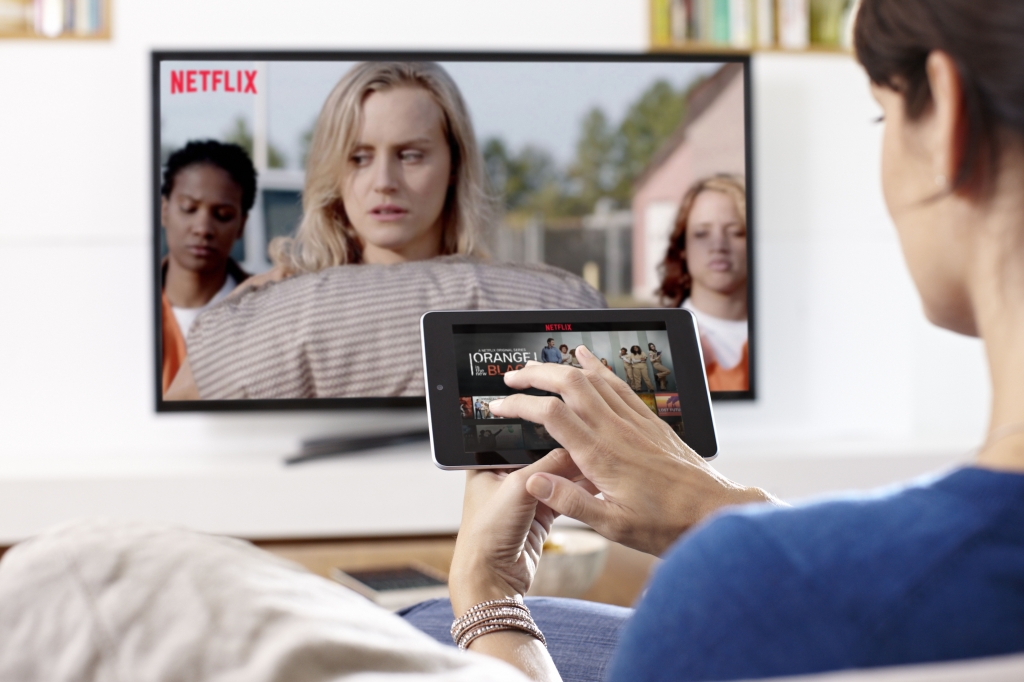-
Tips for becoming a good boxer - November 6, 2020
-
7 expert tips for making your hens night a memorable one - November 6, 2020
-
5 reasons to host your Christmas party on a cruise boat - November 6, 2020
-
What to do when you’re charged with a crime - November 6, 2020
-
Should you get one or multiple dogs? Here’s all you need to know - November 3, 2020
-
A Guide: How to Build Your Very Own Magic Mirror - February 14, 2019
-
Our Top Inspirational Baseball Stars - November 24, 2018
-
Five Tech Tools That Will Help You Turn Your Blog into a Business - November 24, 2018
-
How to Indulge on Vacation without Expanding Your Waist - November 9, 2018
-
5 Strategies for Businesses to Appeal to Today’s Increasingly Mobile-Crazed Customers - November 9, 2018
Chicago’s 9% Tax on Cloud Services Faces Lawsuit
Chicago has had an amusement tax for awhile now, which applies to charges paid for the privilege to participate in, witness or view amusement. “If the city wants to tax Internet-based streaming media services, then it should put the measure through the political process and let Chicagoans have their voices heard through the democratic process”, an attorney for the plaintiffs says in a press release.
Advertisement
In response to Chicago’s recent Cloud Tax – which adds 9% to the cost of online services such as Spotify, Amazon and Netflix – a nonprofit organization representing a group of the city’s residents has launched a lawsuit that claims the policy is illegal.
In the lawsuit, the plaintiffs say that the tax “unlawfully discriminates against electronic commerce because it imposes a higher tax rate on theatrical, musical, and cultural performances that are delivered through an online streaming service than it imposes on those same performances if they are consumed in person”.
The lawsuit alleges that the Comptroller acted beyond his remit in slapping the amusement tax on activities it wasn’t originally intended for. First, there is the requirement that there be a physical “nexus” for a local tax to be imposed (they have employees, warehouses, etc.), as Fortune points out. Together they form a unique and troubling new attempt by cities to tax any city resident that interacts with “the cloud”.
Other issues involve disparities between online and offline “amusement”. The Chicago Tribune reports the city has vowed to fight the lawsuit. In addition, the suit claims that the tax violated the federal Internet Tax Freedom Act, which strictly prohibits states and cities from “imposing discriminatory internet-only taxes”.
Advertisement
Why this matters: The sextet suing the city of Chicago is demanding that the tax be withdrawn. After all, Chicago is not the only city lamenting the loss of tax revenue from the increasing online sales of goods and services.





























